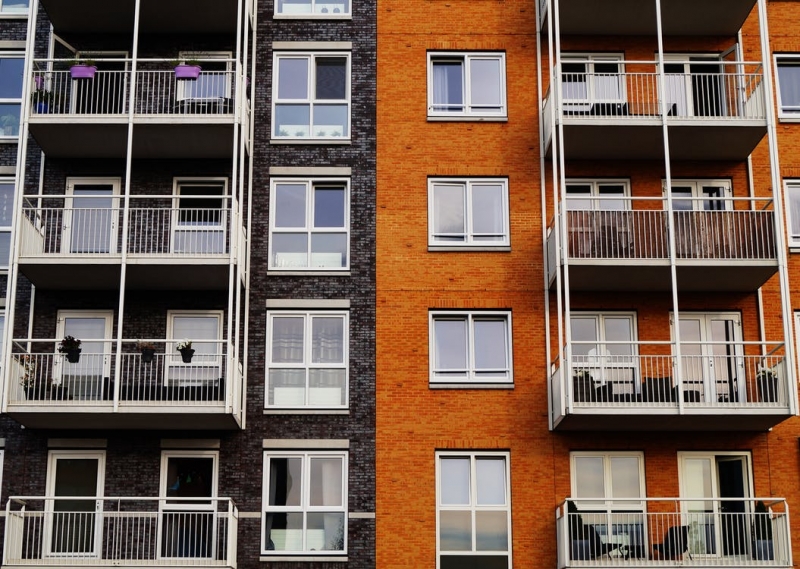Rent holiday under lockdown
7 May 2020

The turbulent economic climate has seen many tenants (whose businesses are struggling financially) approach their landlord in order to request rent holidays. This would clearly benefit the tenant in the short term as it would be able to allocate funds which would otherwise be spent on rent in ways which would help their business survive. For the landlord, too, there can be advantages as it is often better in the long run to grant a concession now, with the chance of recouping some of the lost rent further down the line, rather than run the risk of an empty property. With all the current uncertainty, it is unclear when the economy will recover, a vacant property may stay vacant for some time.
Although the Government has indicated that the current lockdown directives will be watered down in the coming weeks, the Covid19 pandemic is bound to have a significant financial impact this year and probably for some time after that. Tenants who initially thought they could ride out the lockdown may now be struggling to pay their outgoings and may be considering requesting a rent holiday from their landlord.
When negotiating a rent holiday it is important that both parties are clear on what they are agreeing.
Most commercial leases have a fairly wide definition of rent – not just the annual rent but also additional items such as service charges and insurance rent (and that dreadful catch all 'any other sums due'). While landlords might be amenable to a temporary holiday (or even a reduction) regarding the annual rent, it is less likely they would be happy to accept their tenant taking a break from making the service charge payments or paying the insurance rent – after all, service charge and insurance rent are the Landlord's means of recovering monies it has spent on the property.
The landlord might well grant a rent holiday but the word 'holiday' is key; it is likely the landlord will want to recover some or all of the 'holiday' rent once the pandemic is over. In normal circumstances commercial landlords would charge a higher default interest on any rent that is not paid within 21 days of it becoming due (whether demanded or not). This default rate is usually 4% above base rate, which would be rather punitive where a rent holiday has been agreed. Tenants will want to ensure that any right to interest is waived for the 'holiday' period, otherwise they could be hit with a hefty bill when the agreement comes to an end.
While a rent holiday might give some financial security to a tenant during this unprecedented climate, it is important to remember that the remaining provisions of the lease will continue to apply. This means that, even though the current Government directive requires everybody to stay at home (except in limited circumstances such as exercise and shopping), the tenant will still be obliged to comply with, for example, the repairing and decoration provisions (even if they are all but impossible to perform in the current conditions). How this is dealt with in any agreement will largely depend on the stances of the parties; the landlord will want to end the rent holiday if there is a breach of the lease covenants but the tenant will require a degree of certainty that the rent holiday will not be voided for a minor infraction of the lease provisions such as failing to decorate on time.
All of these are merely examples of some of the more general matters to be considered in agreeing a rent holiday. There are several further points that both the landlord and tenant will need to consider when negotiating a rent holiday. The key point to remember is it is essential that any rent holiday agreement is reasonably comprehensive, is made in writing and clearly sets out what has been agreed.
Should you require any advice or assistance in drafting a rent holiday agreement, please do not hesitate to contact our Commercial Property team who would be happy to help you.



